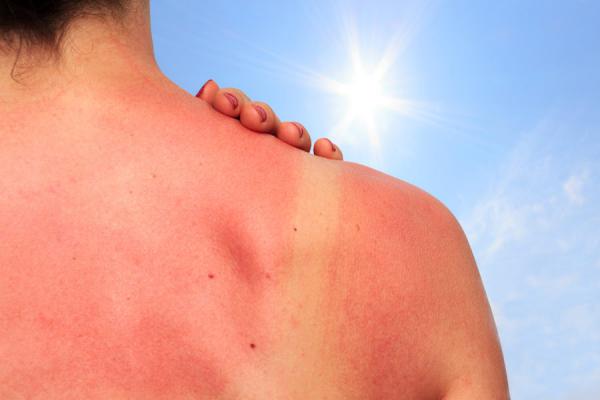Safety on Greek beaches is provided by lifeguards who have been at work since the beginning of the season.
Each of them has passed a special selection and training – to work on the beach, rescuers must swim well, dive, and be able to provide first aid. The role of lifeguards is especially important as they are responsible for the safety of swimmers on the coast, especially in a country like Greece which is mostly surrounded by seas.
Head of the Panhellenic Lifeguard School (Πανελλήνιας Σχολής Ναυαγοσωστικής) Stylianos Tsalikis spoke about the importance of the role of a lifeguard: “Lifeguard is important, he prevents the situation and helps bathers. The lifeguard really saves lives. After all, salvation is every action that a professional lifeguard will perform in the water. Any person in the water who raises their hand when a lifeguard dives in after them to bring them safely out of the water to shore this is salvation, because in the next second we do not know what can happen to this personand what will be the outcome. The specialist emphasizes that from June 1, when the season started this year, rescuers Panhellenic School of Life Saving conducted 30 official successful rescue operations.
Safe sailing rules
Instructions and tips for safe swimming on the beaches were given by Mr. Tsalikis, who noted that “nutrition is very important. In particular, when we eat the main meal (a hearty lunch), we need to go to the beach no earlier than after 2.5 hours.
But if we are hungry and we are on the beach (especially for children), we can give them some fruit, half a toast.
Yes, it’s allowed. However, let’s not have a hearty lunch and then go swimming. This is fraught … It is also very important to drink plenty of clean water, wear a hat and, of course, always wear sunscreeneven before leaving home for the beach, and then reapply every 20 minutes.”
Mr. Tsalikis emphasizes that for vulnerable groups, the elderly or those with chronic diseases (who drink medicine on a daily basis), it is best to swim in the sea either in the morning or in the afternoon. In other words, the time between 12 and 4 p.m. should be avoided.
According to Mr. Tsalikis, when there are extreme weather events, with showers and thunderstorms, as of late, “you can also contact the lifeguards if the weather caught you on the beach.”
“Always,” explains Stylianos Tsalikis, “when we come to the beach, you need to check the presence of a lifeguard on the tower and look at the flags.
There are three flags – green, yellow and red. Green means we can swim freely on the beach, when we see the yellow flag we should go to the lifeguard because it means there is a problem like the weather or some kind of pollution and when we see the red flag we should not enter the sea at all, which means there is some danger on the beach.”
How to become a lifeguard?
According to the head of the Panhellenic Life Saving School, “All those who want to become a lifeguard must be able to swim. Those who wish come to the school, undergo training, the duration of which is 15 days. It includes theoretical and practical courses, followed by passing exams, and then they can enter the lifeguard profession, get a job where there is a big shortage (and in Greece there is always a certain shortage of lifeguards).
Lifeguards who graduate from our school receive a salary of up to 1400 euros, including insurance, holidays, accommodation and in many cases meals. So it’s very good when a student works as a lifeguard in the summer after graduation and receives a reward for his services.”
However, knowledge of first aid is also important for rescuers, which is what Maria Delatola, ENAK (Greek Rescue Academy) First Aid Instructor, emphasizes: “Today we are learning both active and passive rescue techniques. We practice first aid techniques on a special mannequin, including the use of a defibrillator. This is something that not only rescuers, but the whole world should know. The whole world needs to know about first aid, especially CPR, and now that defibrillators are being used in public buildings, public and private services, it’s good to know how to use them.”
As Ms. Delatola officially states: “The Greek Rescue Academy runs first aid courses either internationally through the EFR (Emergency First Response) or through the Ministry of Shipping and Island Policy, and this is the degree that is currently required by professionals, beach lifeguards. , as well as coaches in the pool who teach swimming.







More Stories
What to do if attacked by a dog (video)
Greece – a paradise for gourmets
Message from AEK and PAOK fans in defense of Esphigmenou Monastery